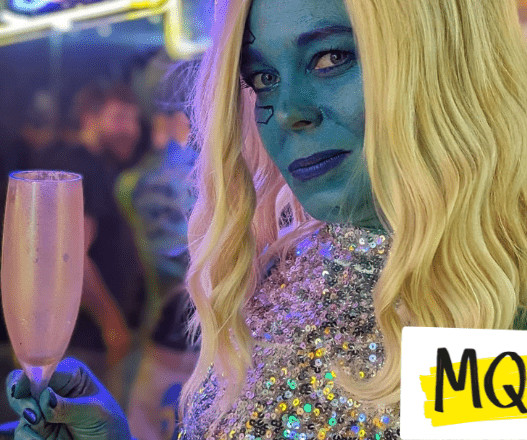Harnessing cultural identity as a protective factor in minority mental health: Applications to children and families
Society of Clinical Psychology
MAY 7, 2021
Consistent with previous work highlighting the importance of adopting a strengths-based framework for minority mental health (e.g., Likewise, interventions for American Indian youth have found that incorporating cultural identity and cultural values have yielded improved outcomes (e.g., 2014) and/or interviews (e.g.,












Let's personalize your content